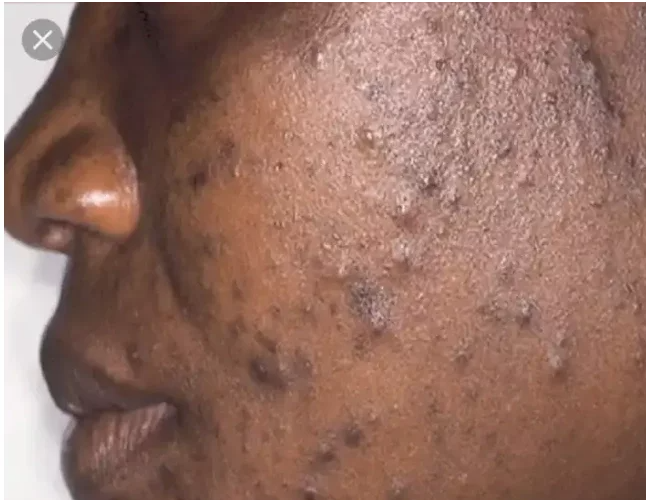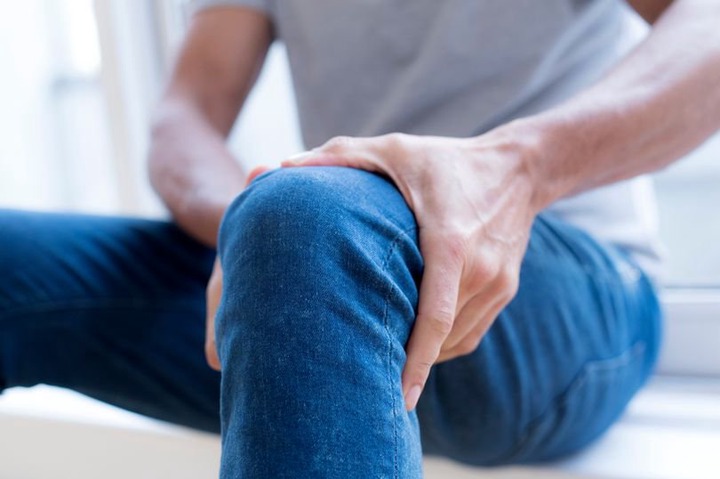
Pimples, a common skin woe for many, are often a result of daily activities that expose the face to germs and bacteria. In this exploration, we delve into seven habits that contribute to the growth of pimples and should be avoided for clearer, healthier skin.
- Constantly Touching Your Face:
The hands, being one of the dirtiest parts of the body, carry germs and bacteria. Frequent face-touching transfers these microbes, contributing to pimple growth.
- Your Phone, a Germ Hub:
Surprisingly, mobile phones harbor more germs than a toilet seat. Regular contact with the face during calls spreads these germs, potentially causing pimples.
- Prolonged Sun Exposure:
While sun exposure provides essential vitamin D, excessive exposure can dry out the skin, prompting increased oil production and, consequently, pimples.
- Wearing Sweaty Clothes:
Extended periods in sweaty garments create a breeding ground for bacteria on the skin, fostering conditions conducive to pimples.
- Neglecting Bed Linens:
Join our Telegram and WhatsApp channels for more betting tips and viral news.
Dirty bed sheets and pillowcases accumulate dirt, oil, and bacteria over time. Failure to replace them promptly can lead to pimple-causing impurities on the skin.
- Stress as a Trigger:
Stress prompts the release of hormones that increase oil production, potentially resulting in pimples.
- Overwashing Your Face:
While cleanliness is essential, excessive face washing can strip the skin of natural oils, leading to dryness, increased oil production, and the onset of pimples.
Preventive Measures:
Taking proper care of the face and skin involves using antibacterial soaps and face wash. Experts recommend cleansing the face twice a day to maintain a balance between cleanliness and natural oil preservation.
In conclusion, the path to clearer skin involves being mindful of daily habits that contribute to pimple growth. By avoiding these common activities and adopting a skincare routine, individuals can promote healthier, pimple-free skin. Share, like, and comment if you found this guide beneficial.
Content by: Yolanda Agyapong




